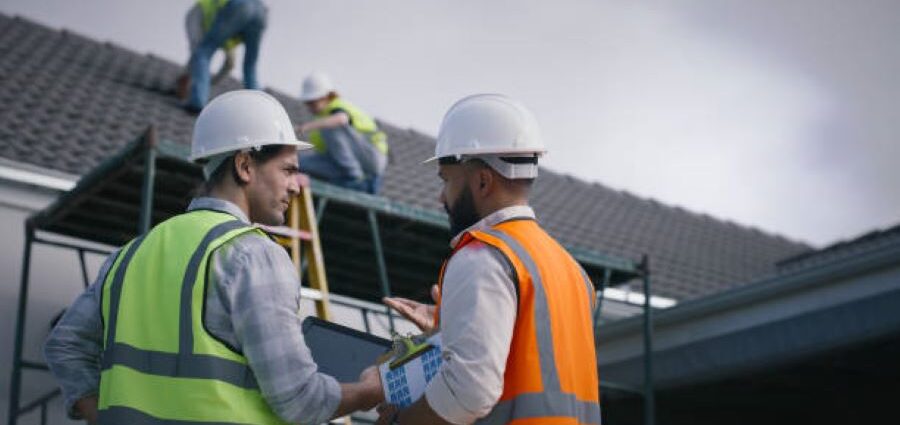As a homeowner in South Africa, one of the most significant investments you’ll make is in your roof. Not only does it protect your home from the elements, but it also adds to its aesthetic appeal and overall value. However, before embarking on a roof installation project, it’s crucial to understand the various factors that contribute to the overall cost. In this comprehensive guide, we’ll delve into the intricacies of roof installation costs in South Africa.
Roof Installation Cost
The cost of installing roof trusses and roof covering can vary significantly and depends on several factors. For instance, the cost of installing roof trusses ranges from R80 to R120 per square meter (roof area), depending on factors such as roof type, roof elevation, and region. Similarly, the cost of installing roof covering, such as cement roof tiles or metal roof sheeting, ranges from R60 to R100 per square meter. Additional factors like Exposed Bolted Trusses, Hip-Valley roof construction, and building elevation can also affect the cost. These square meter rates should serve as guidelines only, and it’s advisable to seek the expertise of a professional roofer for a more detailed and accurate roof installation quote. Below are some additional factors contributing to the overall cost.
- Roofing Material: The choice of roofing material plays a pivotal role in determining the cost of installation. In South Africa, popular roofing materials include corrugated iron, concrete tiles, clay tiles, and slate. Each material varies in cost, with corrugated iron being the most economical option, while slate tends to be the most expensive due to its durability and aesthetic appeal.
- Roof Size and Complexity: The size and complexity of your roof also significantly impact installation costs. A larger roof will naturally require more materials and labor, thereby increasing the overall expense. Additionally, roofs with intricate designs or steep slopes may require specialized installation techniques, further adding to the cost.
- Labor Costs: Labor costs constitute a significant portion of the overall installation expense. Factors such as the availability of skilled labor in your area, prevailing wage rates, and the complexity of the job all influence labor costs. It’s advisable to obtain quotes from multiple contractors to ensure competitive pricing while maintaining quality workmanship.
- Roof Pitch and Accessibility: The pitch or slope of your roof can affect installation costs. Steeper roofs may require additional safety measures and specialized equipment, leading to higher labor costs. Similarly, the accessibility of your property can impact installation expenses. If your home is located in a remote area or has limited access for equipment, contractors may charge extra for transportation and logistical challenges.
- Roofing Permits and Regulations: Before commencing any roof installation project, it’s essential to obtain the necessary permits and adhere to local building regulations. Permit fees and compliance with building codes can add to the overall cost of installation. However, ensuring compliance is crucial for the structural integrity and safety of your home.
- Additional Features: Certain additional features, such as skylights, chimneys, vents, and gutter systems, can increase the complexity of the installation process and incur additional costs. It’s essential to factor in these elements when budgeting for your roof installation project.
- Warranty and Maintenance: Consider the warranty offered by the roofing manufacturer and the contractor’s maintenance services. While opting for a more extended warranty and regular maintenance may entail higher upfront costs, it can provide long-term savings by prolonging the lifespan of your roof and minimizing repair expenses.
- Market Trends and Economic Factors: Lastly, market trends and economic factors can influence roof installation costs. Fluctuations in material prices, currency exchange rates, and demand for roofing services can impact pricing. It’s advisable to stay informed about market dynamics and plan your installation project accordingly.
While roof installation costs in South Africa can vary depending on various factors, it’s essential to prioritize quality and durability to ensure the longevity of your investment. By considering the factors outlined in this guide and working with reputable contractors, you can make informed decisions and achieve a cost-effective yet resilient roofing solution for your home. Remember, your roof is not just an expense but a crucial investment in the safety and longevity of your property.
